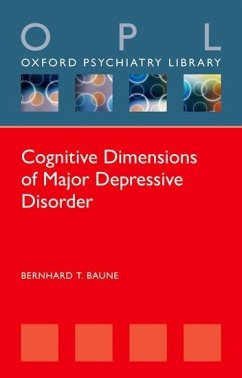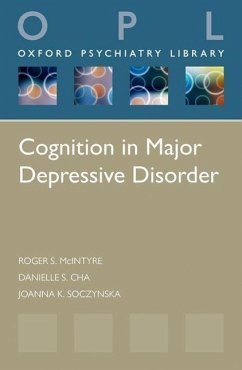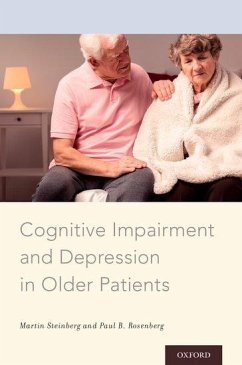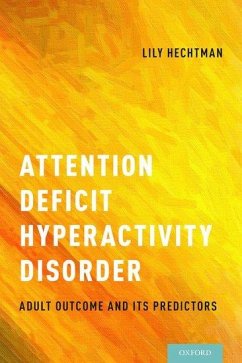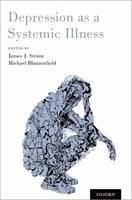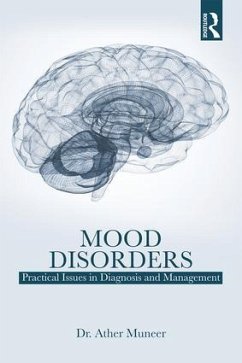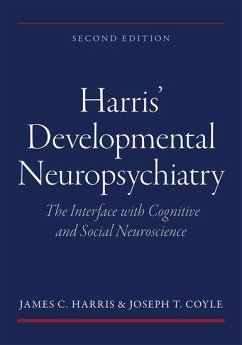Nicht lieferbar
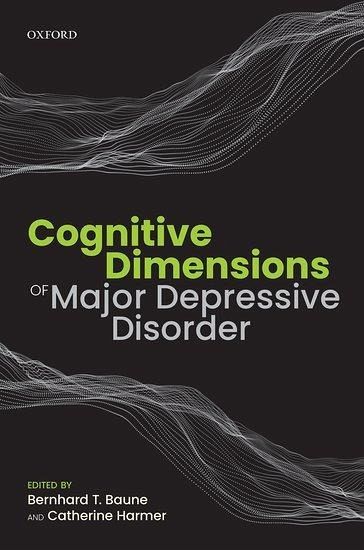
Broschiertes Buch
Cognitive Dimensions of Major Depressive Disorder
Versandkostenfrei!
Nicht lieferbar




This unique guide enhances readers understanding of the dimensional approach of depression by focusing on the cognitive, emotional, and social cognitive processes.
Prof. Bernhard T. Baune is Cato Chair and Head of the Department of Psychiatry at The University of Melbourne, Australia. Prof. Baune is a Fellow of the Royal Australian and New Zealand College of Psychiatrists (FRANZCP), Australia. He leads an extensive research program into personalised psychiatry, prediction and biomarker research in psychiatry and treatment response prediction and in neuroimmunology. Key research achievements include an in-depth understanding of the interaction between the immune and nervous system, the development of a systems biology approach for response prediction and the establishment of innovative personalised clinical trials in major psychiatric disorders. He has a particular interest in cognitive function and psychosocial function in psychiatric disorders and in the severe course of mental illness, treatment response and recovery. Prof. Catherine Harmer is the director of the Psychopharmacology and Emotional Research Lab (PERL) based at the University Department of Psychiatry in Oxford, which comprises a multi-disciplinary team including graduate research assistants, DPhil students, post-doctoral researchers, Psychiatrists and Pharmacologists. The research of the group focuses on the psychological mechanisms of antidepressant drug action by exploring drug effects on human models of emotional processing. A range of methodologies are used, including neuropsychological testing, transcranial magnetic stimulation and functional neuroimaging with fMRI and PET in healthy volunteers and patient samples. This research has the potential to integrate psychological and pharmacological views of depression and treatment and has challenged the way in which we typically consider drug treatment for depression to work.
Produktdetails
- Verlag: Oxford University Press
- Seitenzahl: 310
- Erscheinungstermin: 1. August 2019
- Englisch
- Abmessung: 234mm x 156mm x 17mm
- Gewicht: 474g
- ISBN-13: 9780198810940
- ISBN-10: 0198810946
- Artikelnr.: 55474504
Herstellerkennzeichnung
Libri GmbH
Europaallee 1
36244 Bad Hersfeld
gpsr@libri.de
Für dieses Produkt wurde noch keine Bewertung abgegeben. Wir würden uns sehr freuen, wenn du die erste Bewertung schreibst!
Eine Bewertung schreiben
Eine Bewertung schreiben
Andere Kunden interessierten sich für



